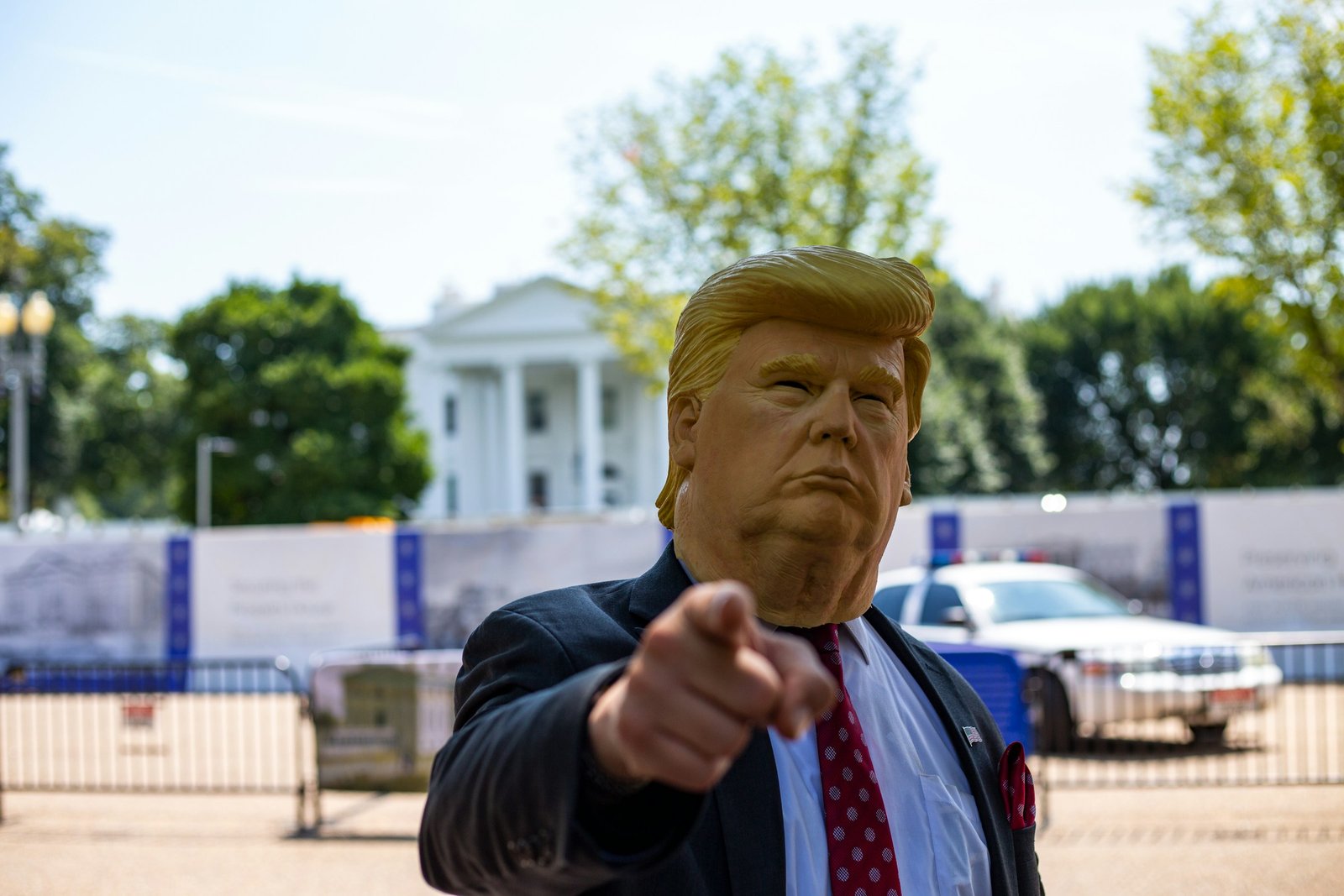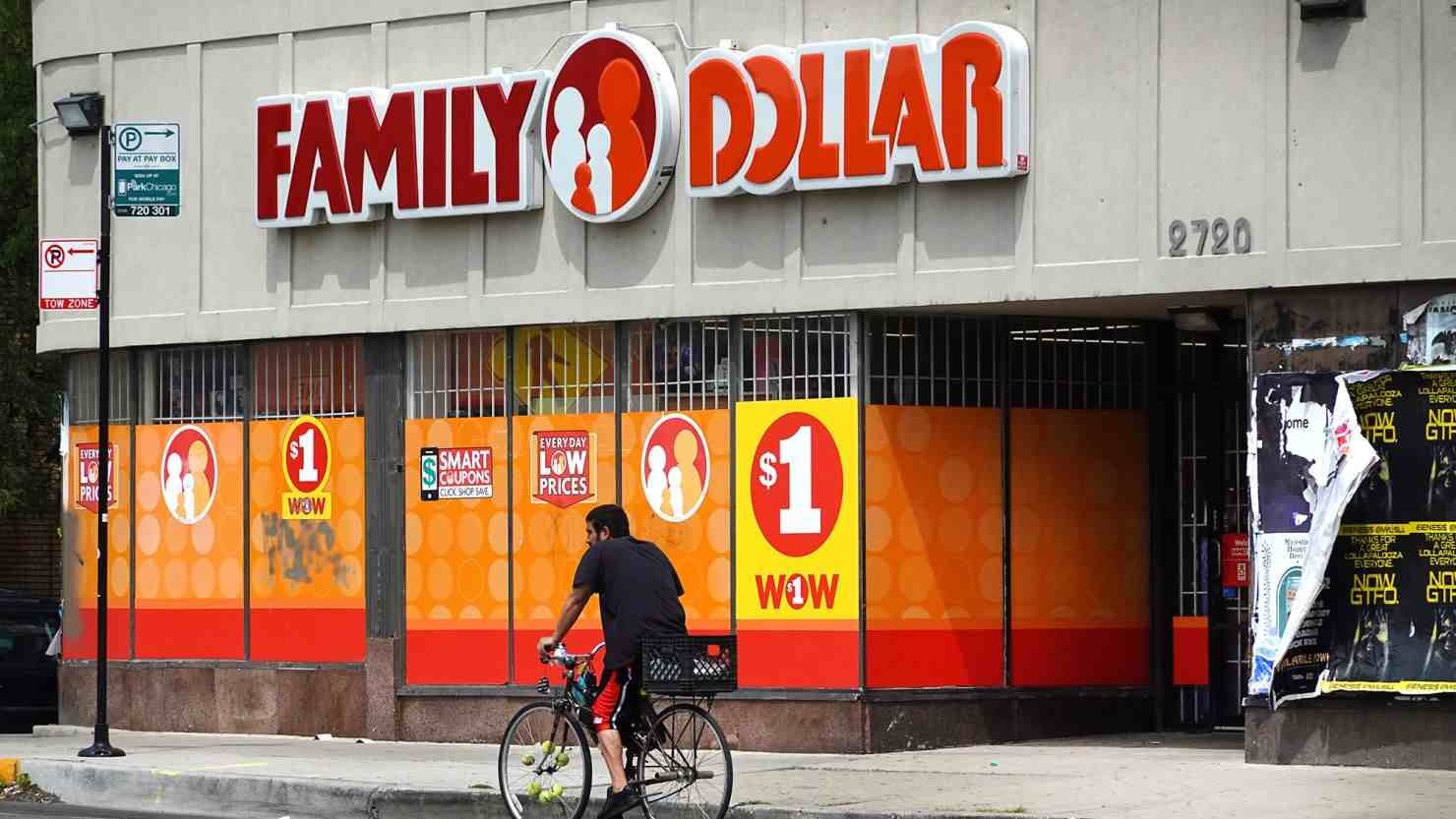The Trump administration canceled authorization for New York City’s congestion pricing scheme, which imposed a fee on vehicles entering certain areas of Manhattan. The scheme was designed to curb traffic congestion and generate funds to enhance public transportation. But federal authorities contend that it disproportionately targets working-class commuters and needs to be shut down.
Why the Plan Was Introduced
New York City’s congestion pricing scheme was aimed at reducing mounting traffic congestion and financing the decrepit subway system.
The scheme charged a $9 fee to cars entering Manhattan between 60th Street and the Financial District during rush hours. City authorities contended that cutting down car congestion would make the air cleaner, shorten commutes, and raise revenue for much-needed infrastructure upgrades.
Supporters of the program indicated that it would make first responders arrive at emergencies sooner, decrease pollution, and promote the use of public transit. Tolls were projected to pay for subway improvements, as the system has long had issues with flooding, delays, and overcrowding.
While the program was shut down before it could be fully evaluated, early indications were that it was making an impact. Traffic jams had reportedly dropped by 9% during the initial month, and traffic accidents had decreased by half. Ridership on the subway had also seen a rise, indicating a move away from private vehicles.
Trump Administration’s Decision to Halt the Program
The U.S. Transportation Secretary, Sean Duffy, told New York Governor Kathy Hochul that federal approval of the plan was being withdrawn. He contended that the program excessively taxed motorists who already pay highway and gas taxes and imposed an unfair fiscal burden on people who commute to work.
President Trump welcomed the move, tweeting, “CONGESTION PRICING IS DEAD. Manhattan, and all of New York, is SAVED.” His administration had argued the tolls were a “slap in the face” to working-class Americans and disproportionately hit commuters who had no other options.
Duffy went on to say that the plan infringed upon the rights of drivers who had already paid for highway infrastructure through taxes. He noted that the plan compelled drivers to pay a second time, with no return to the roads they used. Rather, he asserted, it diverted money into New York’s transit system, leaving drivers without free highway options.
New Jersey Governor Phil Murphy was also in support of the change, indicating New Jersey residents working in New York were being discriminated against. He maintained the tolls profited only New York’s public transportation while raising the cost for non-resident workers to go into the city.
Murphy already wrote to Trump requesting the review of the program as an avoidable imposition on New Jersey workers.
New York Promises to Battle Back
Governor Hochul vehemently objected to the federal ruling, insisting that New York is entitled to control its transportation policies without the interference of Washington. She promised that the state would sue the ruling in court, asserting that congestion pricing is essential for combating traffic and paying for the city’s deteriorating infrastructure.
“We are a nation of laws, not a kingdom under a king,” Hochul responded to Trump’s declaration. She denounced the action as part of a “revenge tour” against states that are not politically aligned with the administration. Hochul positioned the move as an assault on New York’s sovereignty, asserting that the city’s transportation policies should be made by local authorities, not the federal government.
At a press conference, Hochul waved aloft a photo the White House had tweeted out that morning on social media, showing Trump on a mock magazine cover with a crown and the words, “Long live the king.” She invoked it as a symbol of what she termed an overreach of federal authority, promising to fight any attempt to upend the congestion pricing plan.
Ignoring the federal decision, Hochul made it official: tolls were staying on the books while fights in court occurred. The MTA quickly initiated a legal challenge to stop the administration from winding down the program, claiming the congestion pricing plan was already proving effective and was not to be discontinued.
Congestion pricing proponents contend that it has already enhanced traffic flow, lowered accidents, and persuaded commuters to use mass transit. They contend that the policy is necessary to keep New York City’s transit system, one of the world’s busiest, in operation.
Opponents view the tolls, however, as an unfair charge to working drivers who can least afford to pay it. Opponents feel the city needs to explore other options to generate funding for public transport without saddling commuters with the additional costs.
The legal battle between New York and the Trump administration is expected to continue, with both sides holding firm on their positions. While New York officials remain committed to congestion pricing, the federal government’s intervention has created uncertainty about the program’s future.
The final decision may ultimately be decided in court.



